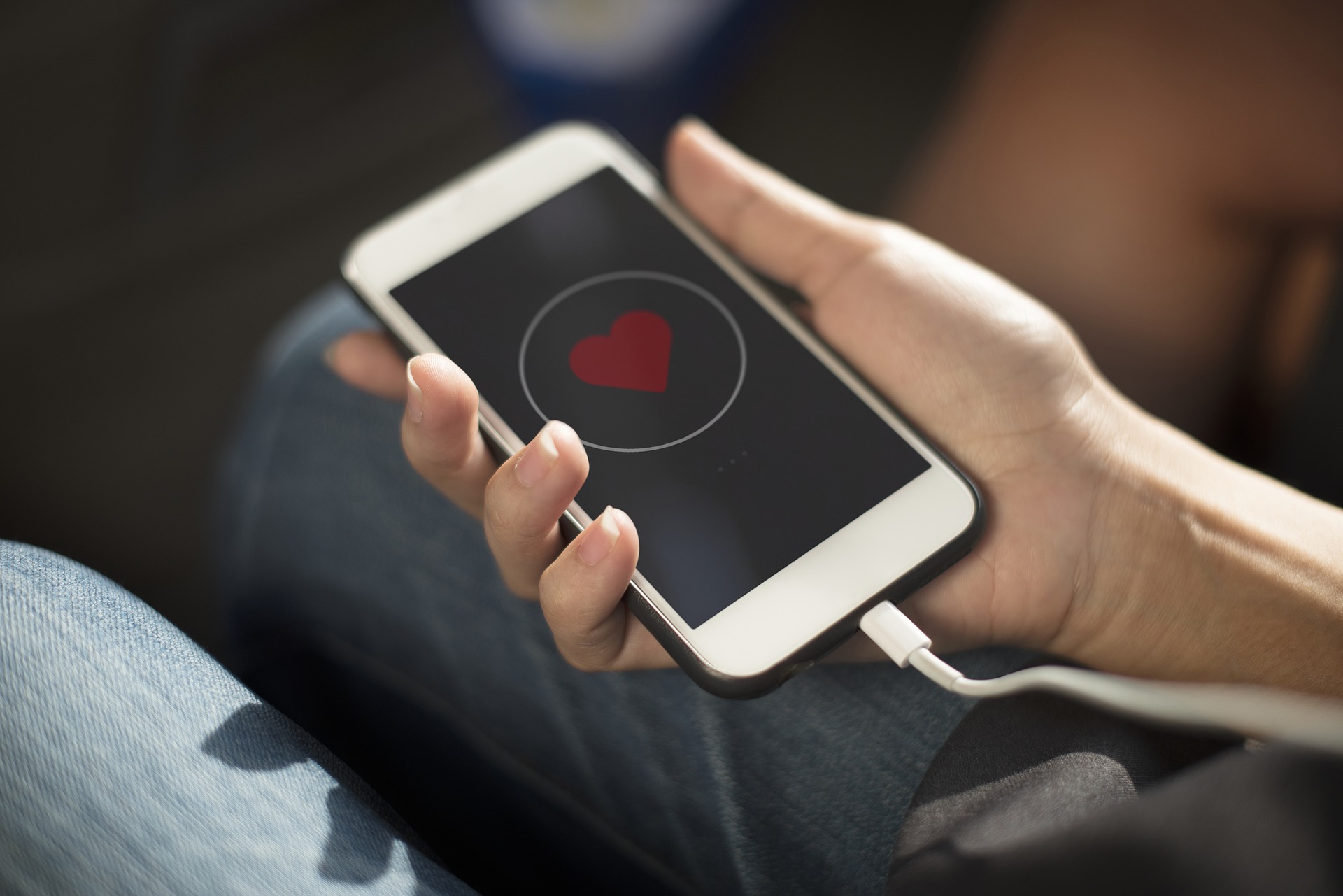
Technology offers new options in nursing care
July 10, 2019
‘Empowering’: new program aims to boost numbers of Indigenous midwives
July 22, 2019Pope Francis to Nurses: Practice Self Care To Avoid Burnout

Pope Francis to Nurses: Practice Self Care To Avoid Burnout
During a special meeting recently with the Italian Catholic Association of Health Care Workers to celebrate their 40th anniversary in Rome, the Pope himself addressed the very real threat of burnout in healthcare works.
Pope Francis made it clear that he believes nurses should not only be recognized for their work but be equipped with the tools they need to properly care for their patients and themselves.
It’s not every day that nurses get a shout-out from the Pope, but the message didn’t go unappreciated. Truth is, the threat of burnout and the lack of self-care among nurses is not only dangerous to the individual nurses who are suffering but to the entire healthcare industry as a whole.
What the Pope Had to Say to Nurses about Burning Out
A video of his remarks on YouTube showed Pope Francis criticizing how healthcare has become synonymous with “efficiency” and that the much-advocated “cost reduction” in healthcare often comes at the costly price of inadequate patient care.
“The effort to treat the sick as people and not as numbers have to be made in our times,” he said emphatically in his address. “We have to take into account the form the health system has progressively adopted.”
He went on to praise “forgotten” or even “despised” healthcare workers who are doing the important work—in his eyes, of course, it’s God’s work! “In an environment where the sick person becomes a number, you run the risk of being ‘burned out’ by tough work hours, the stress of emergencies or emotional impact,” the Pope explained.
“It is therefore important that health workers are properly supervised in their work, receive recognition for the tasks they perform and can use the appropriate tools to always be motivated and trained,” he added.
Why Nurse Burnout Matters
At first glance, the Pope is speaking out about nursing burnout might not seem like a big deal. But the truth is, it’s a really big deal. With mounting responsibilities, more tension over staffing ratios, and increasingly sick patients, the threat of burnout affecting nursing care only continues to grow.
We would like to think that the world supports the important, life-saving work that nurses do day and night, but when it comes down to it, not everyone “gets” how truly difficult nursing can be.
There may be some who think nurses have tons of time during their shifts to indulge in some rigorous card-playing, that nurses “only” clock 3 shifts a week and have pretty much endless time off, and that nurses essentially equate to a well-paid waitress. This mentality carries over into the policies, procedures, and cultures that shape the environment that nurses will work in.
Fortunately, we now have it on pretty good authority that not only is the work provided by nurses among the most important in the entire world, but that nursing is so emotionally and physically demanding that it deserves worldwide recognition—and action from the healthcare community to address, prevent, and treat burnout.
5 Steps to Take if You’re Feeling Burned Out
Talking about self-care and burnout is a step in the right direction, but what can you do if you are already feeling burned out? Here are some suggestions for tackling burnout as a nurse:
- Lose the guilt. Well, first of all, know that you have it on (literal) papal authority that you need to take care of yourself in order to provide the best care for your patients. So, ditch any lingering Catholic or non-Catholic guilt you may have about taking some time out for you. Book that vacation, say “no” when you’re asked to work that shift that you don’t want to work, and set boundaries that will help protect your own health.
- Keep it simple. Self-care doesn’t have to be a huge, expensive affair. Sometimes, the simplest acts, like taking a few minutes to do something that makes you feel pampered, can make all the difference.
- Actually take your break. No, for real. How often do you let your breaks slip by, or “just” check one quick thing while you eat your lunch, or chart your way through that 15-minute time slot? It’s such a small thing, but prioritizing a real break during this time can make a huge difference in your physical, mental, and emotional health. Give it a try if you don’t believe me—I promise you’ll never go back to your old ways.
- Move your body. Yeah, yeah, yeah, I know—moving is probably the last thing you want to do after that mandated overtime. But part of self-care is giving your body the physical care it needs, and that does involve moving it in ways other than sprinting to codes and hoisting patients around.
- Talk to your union rep. If you’re part of a nursing union, use your voice and speak up. Chances are, if you’re feeling burned out, you’re not alone—there are probably other co-workers in your unit that are feeling the same way, and there may be a solution to help you all. You deserve to be happy and healthy at work, and your union is there to protect you, so at the very least, start a conversation about burnout on your unit.
The truth is, nurses are caring for patients each and every hour of the day and night, so who’s going to make sure that the nurses are taken care of too? Well, it’s up to all of us—and even the Pope agrees.
This article was originally published on Nurse.org on 20/6/19 by Chaunie Brusie.










